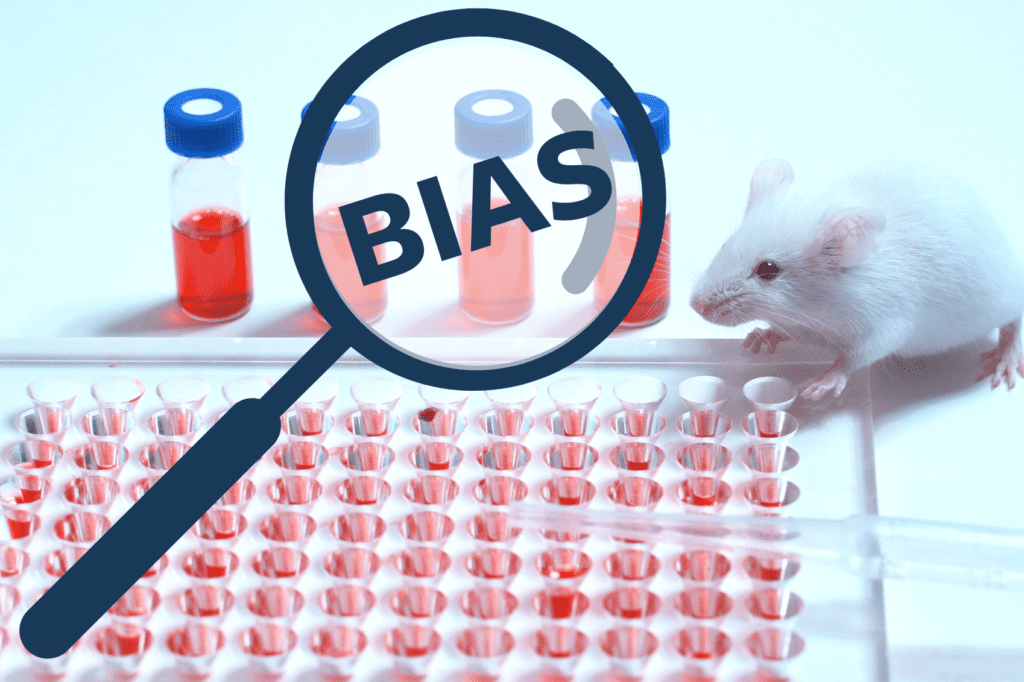Toward a human-focus paradigm in health research

Scientific journals play a key role in shaping research by disseminating experimental results. Considering their importance, it is no surprise that the issue of biases in scientific publications and how they can negatively impact research is a hotly debated topic.1
In 2020 leading organ-on-chip scientist Prof. Donald E. Inger from Harvard University alerted that “most researchers who submit a grant application or publication based on in vitro findings commonly expect to find at least one reviewer (…) who demands that additional animal experiments be carried out to validate their findings before the work could be acceptable for publication or funding.”2
Since then, the Biomed21 Collaboration has fostered further research and discussions into this crucial issue hindering the impartial scientific assessments of New Approach Methodologies (NAMs). A survey conducted in 2021 by Humane Society International, in collaboration with the Physicians Committee for Responsible Medicine, provided further data on this phenomenon which came to be named ‘animal methods bias’3. The survey indicated that requests for animal-based studies as validation for non-animal methods may be widespread and even found that some researchers preempt these requests by conducting animal studies as a safety measure from having their papers rejected by journals.
HSI chaired a session at the 11th World Congress for Alternatives to Animals in Life Sciences in 2021 to discuss these findings with eminent researchers – including Prof. Donald E. Ingber and Dr. Pep Pàmies, editor of Nature Biomedical Engineering. Following-up on these discussions, a workshop co-organized by HSI, PCRM, FRAME, Animal Free Research UK, PETA, JRC and others, took place in April 2022. The workshop aimed to better understand the barriers to impartial publishing of non-animal methodologies. Several steps were agreed upon as a way forward, such as forming a steering committee and working groups to deep dive into the evidence and issues around animal method bias, and to discuss practical solutions to tackle the issue.
Biomed21 is participating in these working groups. Watch this space for news related to animal methods bias.
[2] https://onlinelibrary.wiley.com/doi/full/10.1002/advs.202002030
[3] https://www.biorxiv.org/content/10.1101/2022.03.24.485684v2
Read our peer-reviewed paper published in ALTEX: “A survey to assess animal methods bias in scientific publishing”

